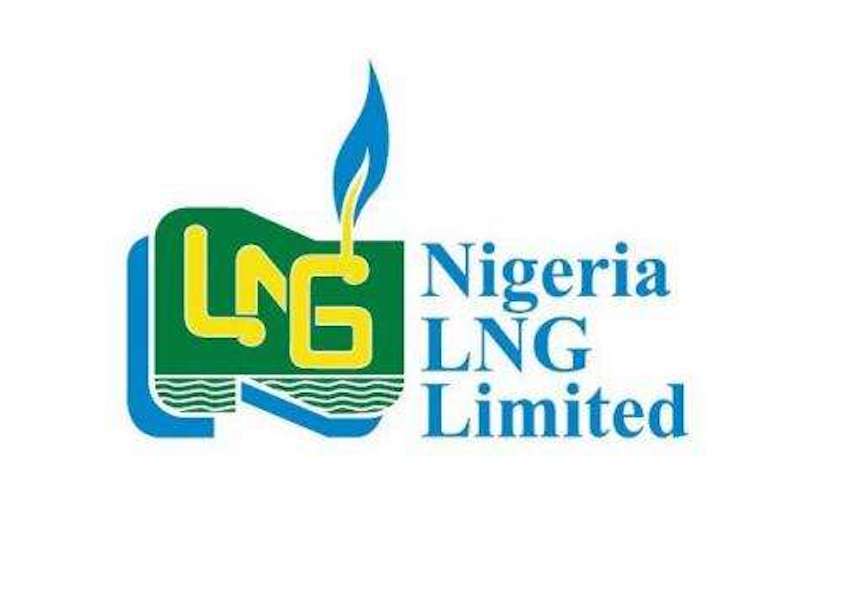NLNG Dividends Securitization – In a significant move that holds the promise of boosting Nigeria’s economy and stabilizing its currency, the federal government has unveiled a plan to securitize around $7 billion in dividends derived from the Nigerian Liquefied Natural Gas (NLNG). This development, revealed by an official at NLNG, is poised to have a substantial impact on the country’s economic landscape.
An Upcoming Windfall
This revelation was made public on Thursday, October 26, and it’s already generating considerable interest. The source disclosed that the administration, led by President Tinubu, expects to receive the $7 billion through a consortium led by Standard Chartered Bank in the coming week.
Further Financial Boost
Adding to the potential financial windfall, the federal government is also anticipating inflows from a $3 billion emergency loan secured by the Nigerian National Petroleum Company Limited (NNPCL) from the African Export-Import Bank (Afreximbank) on August 16. When combined, these financial injections, expected in the short term, total an impressive $10 billion.
Oversight by the Federal Ministry of Finance
The organization and execution of this ambitious plan are under the careful oversight of the Federal Ministry of Finance Incorporated, an entity that holds shares in NLNG. This strategic move aligns with recent statements by the Minister of Finance and Coordinating Minister of the Economy, Mr. Wale Edun, who has repeatedly emphasized that the nation is on the verge of receiving approximately $10 billion in the near future.
A Boon for the Economy
The funds resulting from this initiative are expected to play a pivotal role in addressing the foreign exchange (FX) backlog and contributing to the stabilization of the national currency, the Naira. In fact, an NLNG source revealed the intent behind this financial maneuver:
“NLNG has been performing and used to pay dividends of about $6 billion, but because our oil production and gas production have fallen, dividends also fell to about $2 billion. But what this government has decided to do is to securitize these dividends over a period and use it to borrow money to curb the depreciation of the Naira against the dollar.”
Aiming for a Stronger Naira
The ultimate goal is to enhance dollar liquidity by injecting a significant supply of dollars into the market, with the hope of pushing the Naira-to-dollar exchange rate to around N800/$. The plan involves securing $7 billion from the Standard Chartered Bank consortium and an additional $3 billion from Afreximbank. These funds will be used to settle old FX forward obligations, relieve pressure on the Naira, improve liquidity, and foster currency appreciation.
Focused on Oil Production
The Federal Government is intensively focusing on increasing oil production, with two fundamental objectives: ensuring security in the oil-producing areas of the Niger Delta, where crude oil theft has been a persistent issue, and driving development initiatives in the Niger Delta. The achievement of these goals is expected to encourage increased private sector investments in the oil sector.
Currency Strength in the P2P Market
This significant financial maneuver comes at a time when the Naira has experienced a remarkable increase in value. In the Peer-to-Peer (P2P) market, the Naira strengthened by N166 against the U.S. dollar. This change reflects evolving strategies employed by currency traders.
However, it’s important to note that, despite this positive development, on Thursday evening, the Naira had reached a peak exchange rate of N1279 to the U.S. dollar. Nevertheless, by Friday morning, it had settled at N1113 per dollar.
A Lack of Buyers and Positive Sentiment
Insights from various markets suggest that the rise in the Naira’s value can be attributed to a lack of buyers willing to transact at the higher rate of around N1300 per dollar. It appears that some individuals are holding off on purchases, anticipating a potential strengthening of the local currency.
In conclusion, Nigeria’s Naira stands at the threshold of a potential resurgence, driven by the securitization of NLNG dividends and the financial boost from Afreximbank. The government’s plan to bolster oil production is expected to further strengthen the economy. These measures, coupled with the positive sentiment in the currency market, hold the promise of a brighter economic outlook for Nigeria.











